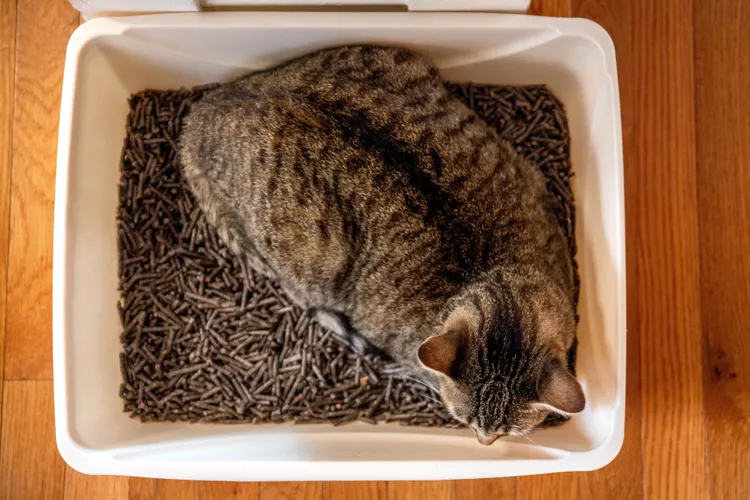
Cats can sometimes be found napping in some of the strangest locations. What if your cat has taken a sudden liking to napping in her litter box, though? There are medical reasons as well as behavioral reasons for a cat to suddenly start lounging where they go to the bathroom. Your vet can help you figure out the underlying reason for your cat's questionable choice in sleeping arrangements.
In the world of pet care, a behavioral reason for anything is a diagnosis of exclusion. This means that all possible medical reasons must be ruled out first. Cats can get urinary tract infections, urinary crystal formation, and bladder stones frequently, so any urinary related symptoms you are seeing at home are medical in origin until proven otherwise. Urinary tract infections and urinary crystals or stones can make the lining of the bladder so inflamed that even the smallest amount of urine collecting in the bladder can make your cat feel like she has to urinate right then. A cat with a severe UTI or urinary crystals may lounge in her litter box simply because she feels like she has to use the box so frequently.
Sometimes a urinary crystal or stone can become lodged in your cat's urethra, causing an obstruction. These cats will go to the box frequently, trying to urinate but producing nothing and will cry or yowl with discomfort. This is life-threatening and a medical emergency. You should take your cat to your vet or a 24 hour emergency hospital immediately if you suspect your cat has a urethral blockage.
To rule out medical reasons for your cat sleeping in her litter box your vet will want to check her urine, an x-ray and/or ultrasound, and a blood panel. A urine test will show if there are any bacteria or crystals in your cat's urine causing a UTI. Imaging, such as an x-ray or ultrasound, will show bladder stones. Some stones can form without forming crystals in the urine and sometimes crystals in the urine won't aggregate into a stone, so it is important for your cat to have an x-ray or an ultrasound regardless of what the urine tests showed.
A blood panel will give insight into how your cat's kidneys are functioning. If your cat has early renal disease, an affliction common in senior kitties, she may start to urinary more frequently. There are also other disease processes unrelated to the urinary tract that can cause your cat to drink more and urinate more. Diabetes, for example, can be common in older cats and diabetic cats will have increased drinking and urination. A blood panel will check your cat's glucose levels and a urine test will check for the presence of glucose and ketones in the urine. An elevated blood glucose, especially in combination with glucose and ketones in your cat's urine are indicative of diabetes.
When it comes to house cats—that is, those cats that are actually living in a home and not an animal shelter, animal hospital, or boarding facility—a medical cause is going to be the most likely reason for litter box napping. If your vet has checked your cat's urine, blood, and images and everything comes back normal, though, then the reason for your cat's litter box naps truly is behavioral.
A cat that finds herself under excess stress may hunker down in her litter box because it is a convenient place to hide, it makes them feel more secure, and because it smells like them and is, thus, familiar to them. Things like giving them a cozy box with blankets and pheromones to nap in instead of the litter box may be all these cats need.
Offer your cat a variety of beds and blankets to choose from. Some cats may like a bed that is a cubby-style versus your average, run-of-the-mill pet bed. Other, older cats may appreciate a more joint-friendly bed. One that utilized memory foam may be just what they are looking for. Just with dogs (and people) cats can get arthritis as they age. The most common locations for your senior or mature adult cat to have arthritis are her hips, back legs, and tail – all things she would use for jumping! So even if you have perfectly suitable beds, they may no be accessible to her anymore. If your cat has suddenly snubbed her longtime favorite bed on the back of the couch for her litter box, it may be simply because she can't get to her favorite bed anymore. Try moving her bed to a lower location and add some feliway, catnip, or silver vine to pique her interest.
Cats can curl up for a nap in seemingly bizarre locations and in impossibly uncomfortable looking positions. If your cat has taken a sudden liking to her litter box, though, there are things you can do to help coax her out of her smelly sleeping location. Your veterinarian can help you figure out the best way to help you cat out of the box and back into her bed.

Tetanus in Dogs
Tetanus is an infection caused by bacteria found in soil. It can cause severe symptoms in dogs and even lead to death if not treated promptly.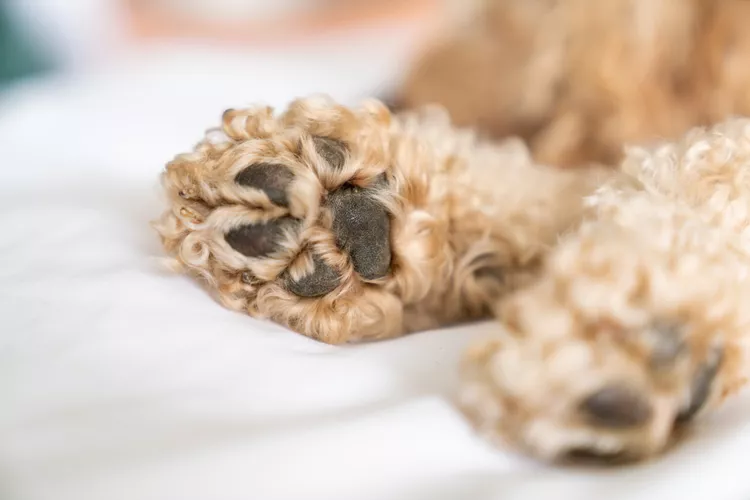
8 Common Dog Paw Problems
It is important to check your dog’s paws regularly for any issues and take steps to keep them healthy and protected.
Common Injuries in Dogs and How to Treat Them
Learn about the most common injuries in dogs—whether in their legs, spine, tail, or eye—and how you should treat them with this helpful list.
Can Cats Eat Strawberries? How to Safely Share This Summer Berry
Although cats are primarily meat eaters, strawberries may be an interesting and tasty snack for your feline friend. Find out the risks of feeding strawberries to cats and how to safely let your cat enjoy this fruit.
Is Shrimp Bad For Dogs?
Shrimp can be a healthy, nutritional food for people but can dogs eat them, too? What are the main concerns with feeding shrimp to your dog?
Dog Food Basics
Are you feeding your dog the best way possible? Check out these dog feeding tips to keep your dog healthy and happy.
Rhodesian Ridgeback: Dog Breed Characteristics & Care
The Rhodesian ridgeback is a large hunting dog with a high prey drive. Learn about the breed's history, exercise needs, and more.
Berger Picard: Dog Breed Characteristics & Care
The Berger Picard is a French herding dog with a friendly smile and shaggy beard. Learn about its history, health, exercise needs, and more.
Spanish Water Dog: Breed Characteristics & Care
In the hands of an expert owner, the Spanish water dog shines as an active and faithful companion. Learn about its history, training, and more.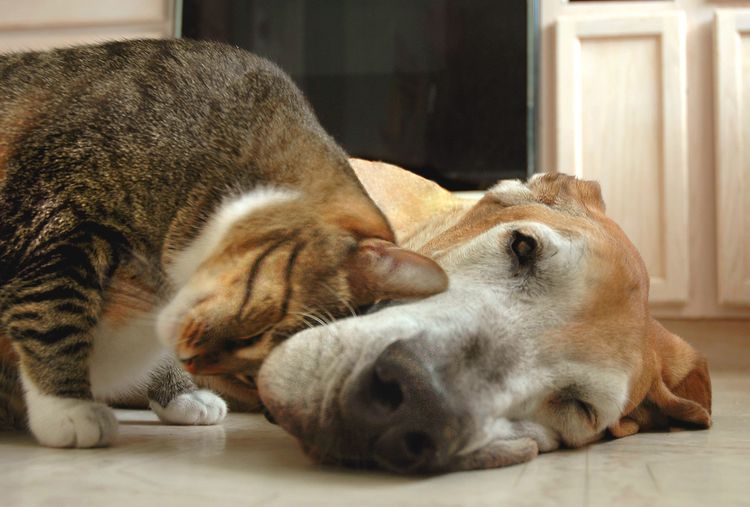
Cat Bunting Behavior: What Does It Mean?
Cats rub their heads against prominent objects to leave scent markings as a part of scent communication.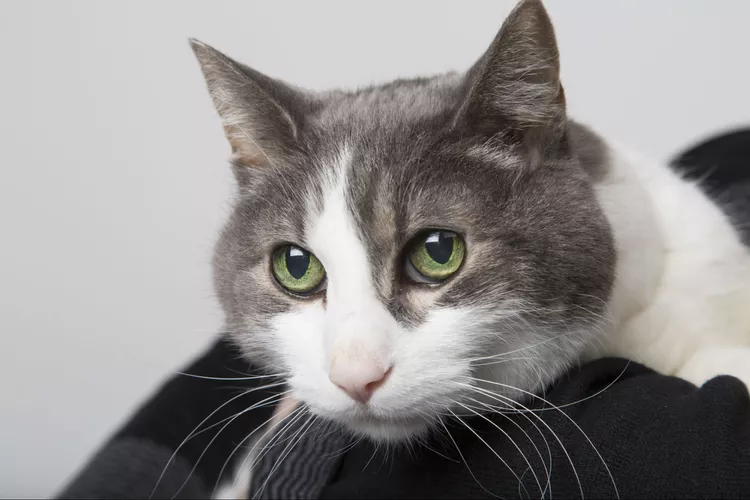
How to Train Your Cat to Stop Urine Marking
Most male (and some female) house cats will mark territory at some point. Learn the causes or cat urine marking and how to prevent this annoying behavior.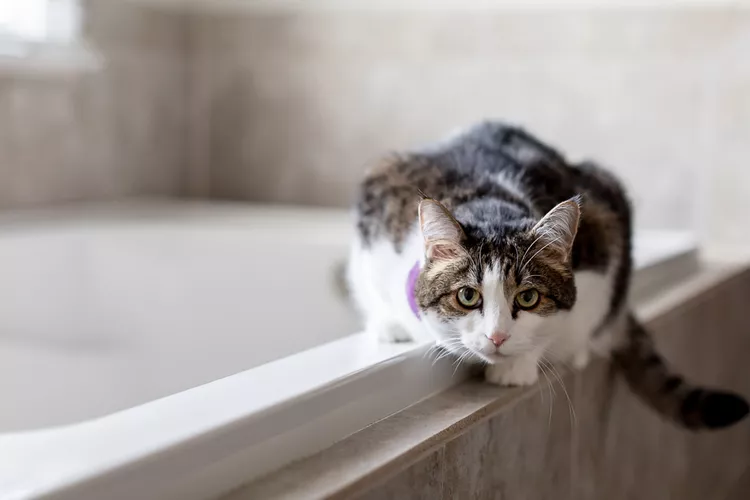
7 Reasons Why Cats Love Bathrooms
Why do cats follow you to the bathroom? Many cats—strangely enough—love the bathroom! Find out why cats seem to love bathrooms so much.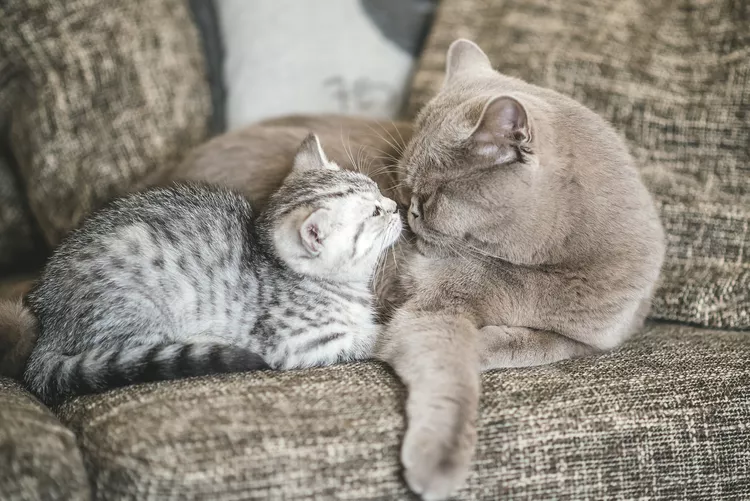
Leptospirosis in Cats
Leptospirosis is rare but potentially fatal in cats. Learn the causes, treatment, and prevention.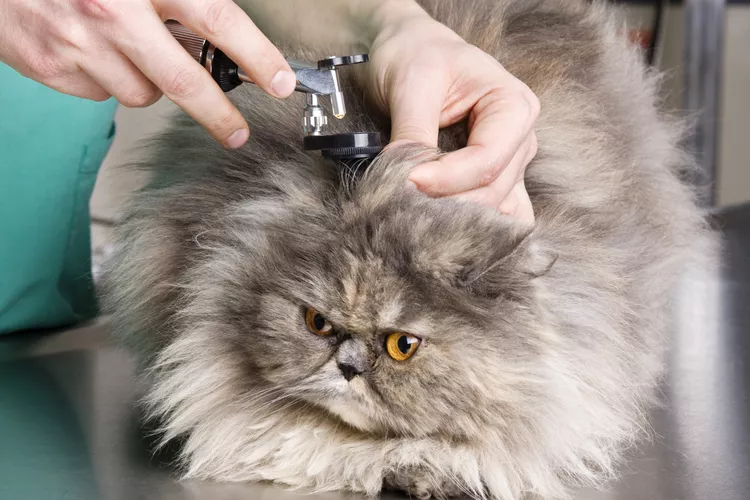
Ear Infections in Cats
An ear infection must be treated based on the source of irritation, which may be internal or external. Learn the causes, treatment, and prevention.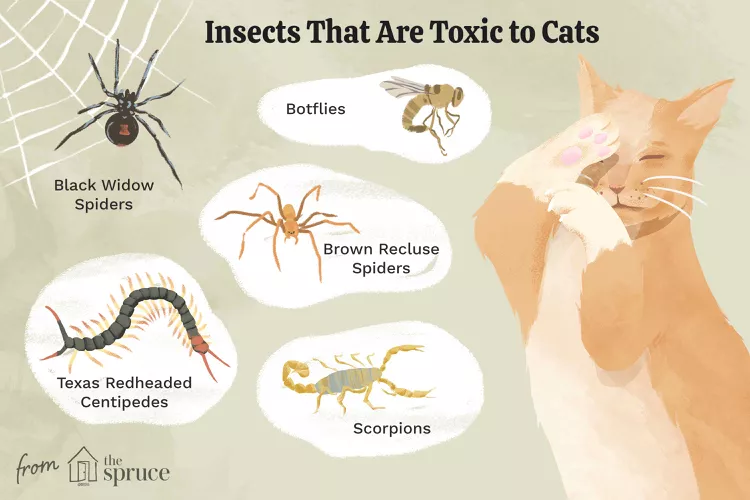
Insects That Are Toxic to Cats
Can cats eat bugs? Some bugs can cause injury or illness to your cat, while others are relatively harmless.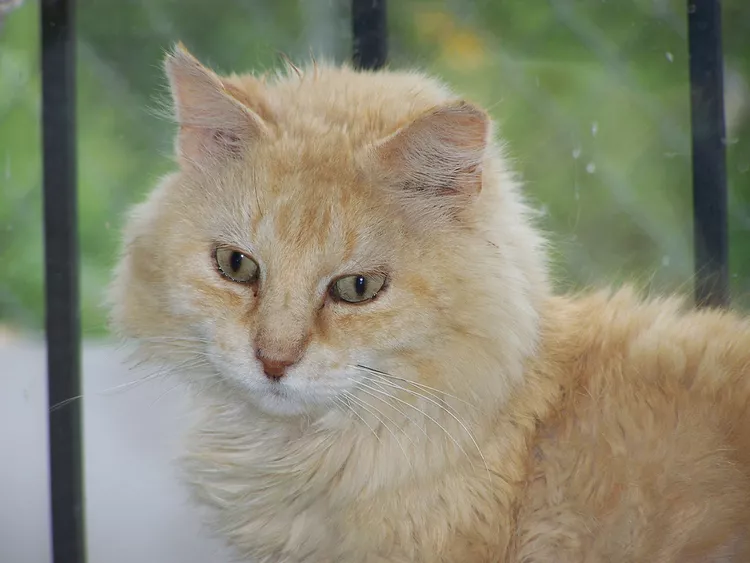
Testing for Contagious Feline AIDS (FIV)
Cats should be tested for the contagious feline immunodeficiency virus or FIV. Cats that are positive for the virus usually live normal lives.
Why Does My Dog Pee on My Bed?
Is your dog peeing on your bed? Find out why your dog is having urinary accidents on the bed and learn what to do about it—plus how to stop the habit.
Why Almost Any Dog Can Do Agility Training
Why Almost Any Dog Can Do Agility Training
How to Train Your Dog to Shake Paws
Shaking paws is a fun dog trick that most dogs pick up rather quickly Learn how to train your dog to shake in just a few simple steps.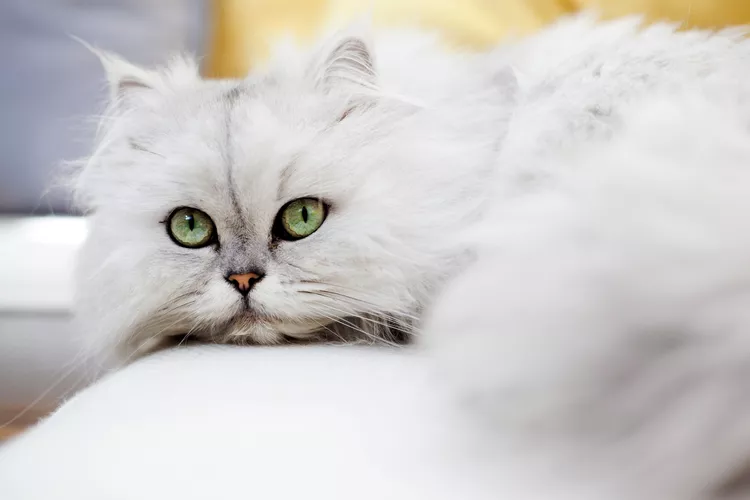
14 Asian Cat Breeds And Their Rich Hiss-tories
Find out more about the cat breeds that originated from Asia. Some breeds include the Persian, Oriental shorthair, and Japanese bobtail.